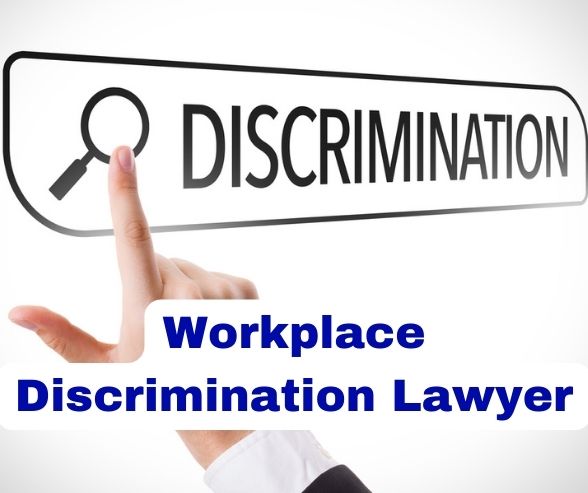
Fair Workplaces: Navigating Laws Against Discrimination
Workplace discrimination is a persistent challenge that undermines the principles of equality and diversity in professional environments. Understanding and navigating workplace discrimination laws are essential for fostering inclusive workplaces and ensuring fair treatment for all employees.
Overview of Workplace Discrimination Laws
Workplace discrimination laws are designed to protect employees from unfair treatment based on characteristics such as race, gender, age, disability, religion, or sexual orientation. These laws vary by jurisdiction but share the common goal of promoting equal opportunities and preventing discriminatory practices in the workplace.
Protected Characteristics and Equal Opportunity
Discrimination can manifest in various forms, including hiring decisions, promotions, job assignments, and termination. Workplace discrimination laws aim to create a level playing field by prohibiting adverse actions based on protected characteristics. Ensuring equal opportunity for all employees is at the core of these legal frameworks.
Types of Workplace Discrimination
Workplace discrimination can manifest in multiple ways, such as direct discrimination, indirect discrimination, harassment, and victimization. Direct discrimination occurs when someone is treated less favorably due to a protected characteristic. Indirect discrimination arises when seemingly neutral policies disproportionately affect certain groups. Harassment involves unwanted behavior targeting a protected characteristic, creating a hostile work environment.
Anti-Discrimination Policies and Training
Many organizations implement anti-discrimination policies and provide training to foster a culture of inclusivity. These policies outline the organization’s commitment to diversity, equity, and inclusion, while training programs educate employees about recognizing and preventing discrimination in the workplace. Proactive measures contribute to a healthier work environment.
Reporting Mechanisms and Whistleblower Protection
Workplace discrimination laws often include provisions for reporting mechanisms and whistleblower protection. Employees who witness or experience discrimination can report incidents without fear of retaliation. Whistleblower protection ensures that individuals raising concerns about discriminatory practices are shielded from adverse actions.
Reasonable Accommodations for Disabilities
Employees with disabilities are entitled to reasonable accommodations under workplace discrimination laws. Employers must make adjustments to enable individuals with disabilities to perform their job duties effectively. This could include modifications to the workspace, flexible schedules, or providing assistive technology.
Gender Discrimination and Equal Pay
Gender discrimination remains a significant concern, particularly in the context of equal pay. Laws addressing gender discrimination aim to bridge the pay gap between male and female employees performing substantially similar work. Employers are expected to provide equal compensation for equal contributions, irrespective of gender.
Age Discrimination and Ageism in the Workplace
Age discrimination laws protect employees from unfair treatment based on their age. This includes hiring decisions, promotions, and termination. Combatting ageism involves fostering a workplace culture that values the skills and contributions of employees regardless of their age. Employers must base decisions on merit rather than age-related stereotypes.
Sexual Orientation and Gender Identity Protections
Workplace discrimination laws increasingly include protections for sexual orientation and gender identity. Employees should be free to express their sexual orientation or gender identity without facing adverse consequences. Inclusive policies and anti-discrimination measures contribute to a work environment where diversity is celebrated.
Enforcement and Legal Recourse
Enforcement mechanisms vary by jurisdiction, but they typically involve government agencies tasked with investigating and addressing workplace discrimination complaints. Employees who believe they have experienced discrimination can file complaints with these agencies, leading to investigations and, if necessary, legal recourse.
Building Inclusive Workplaces for the Future
Nurturing inclusive workplaces requires a collective effort from employers, employees, and policymakers. Beyond legal compliance, organizations should actively promote diversity and create environments where every individual feels valued and respected. By understanding and adhering to workplace discrimination laws, businesses contribute to a fair and equitable future for the workforce.
In conclusion, navigating workplace discrimination laws is crucial for fostering fair and inclusive workplaces. Employers and employees alike play a role in upholding these principles and working towards environments where diversity is celebrated, and discrimination has no place. To delve deeper into workplace discrimination laws and stay informed on best practices, visit Workplace discrimination laws.

